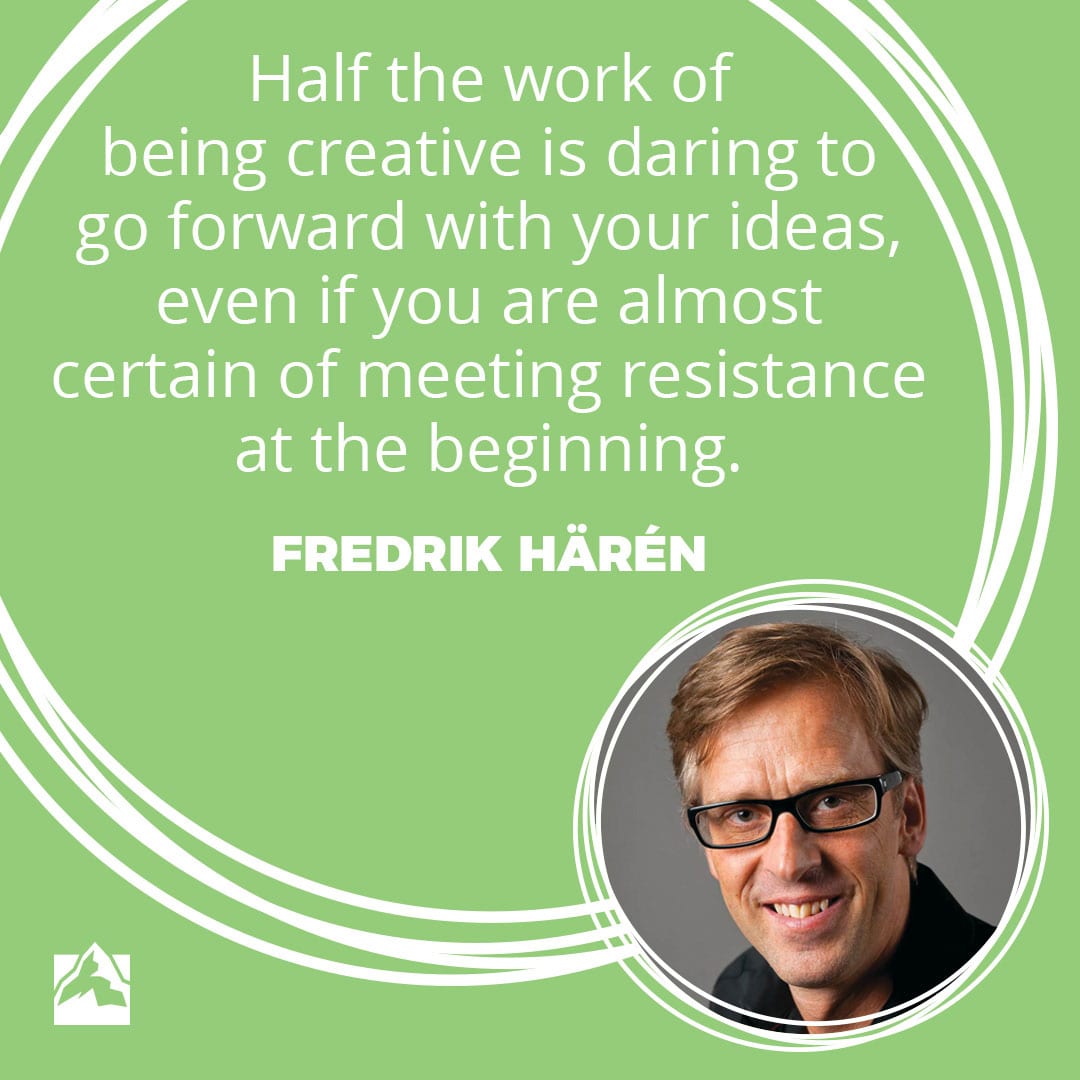
Half the work of being creative is daring to go forward with your ideas, even if you are almost certain of meeting resistance at the beginning.

Half the work of being creative is daring to go forward with your ideas, even if you are almost certain of meeting resistance at the beginning.
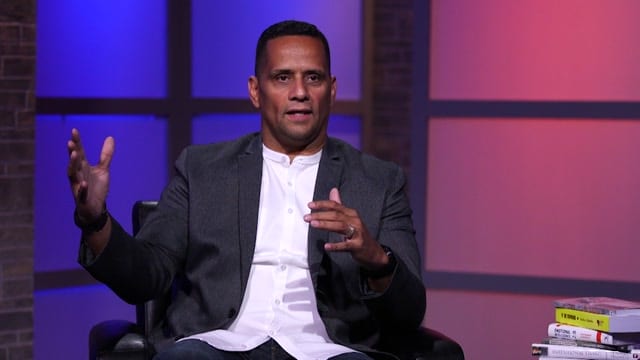
Wilfredo de Jesus, also known as Pastor Choco, says that the Church is called to change culture – not accommodate culture. In order to do so, the Church must have a clear identity.
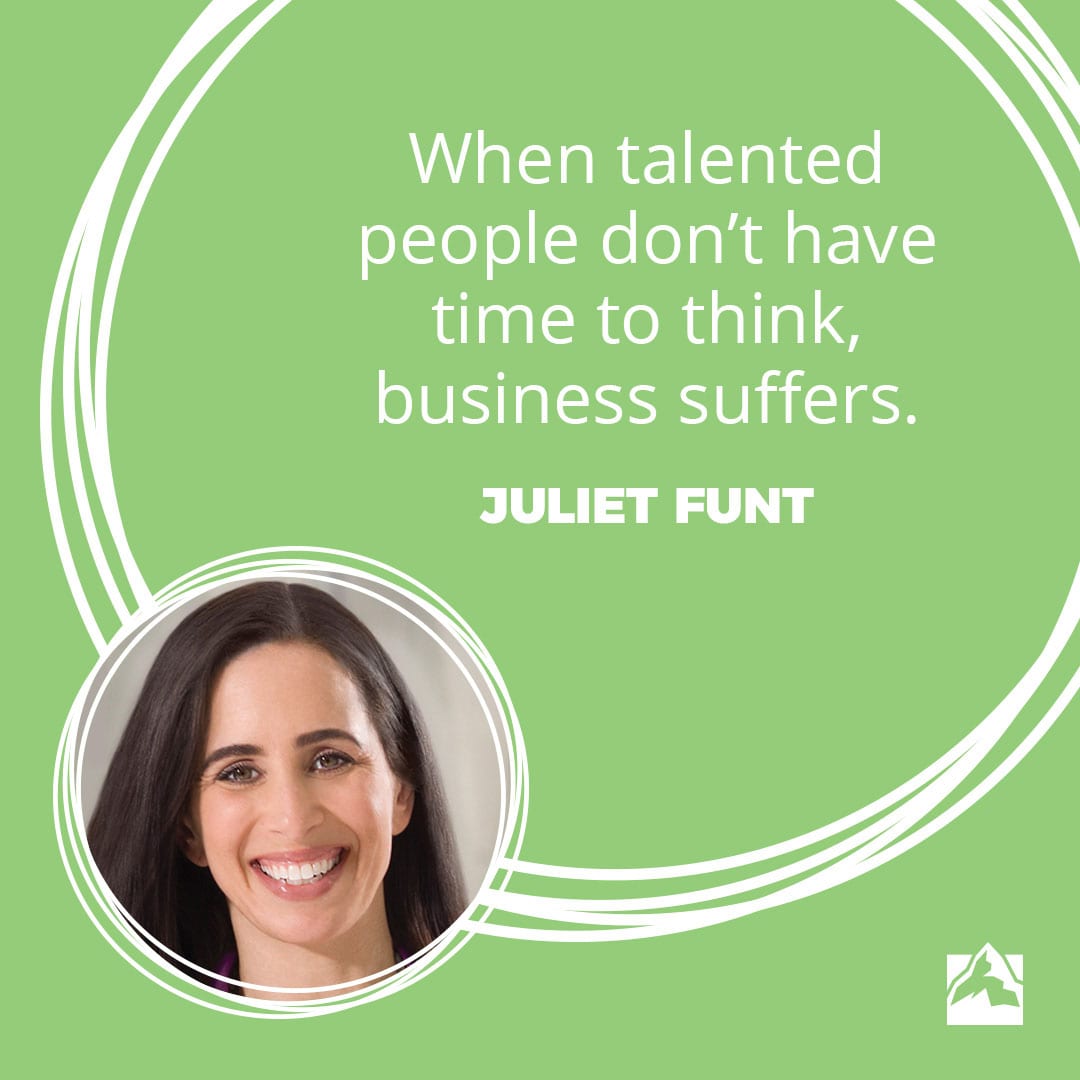
When talented people don’t have time to think, business suffers.

The difference between a pebble and a mountain lies in whom you ask to move it.

One of the most unique things about The Global Leadership Summit is the way it unites people to work toward the greater good, bringing together influencers of all kinds — pastors, business leaders, teachers, government officials, non-profit leaders, and parents.
Watch this incredible story about how the GLS is bringing the community together in Danville, Illinois to address the problems their facing in their city:
Learn more about attending the Summit at a site near you! Go to www.willowcreek.com/summit.
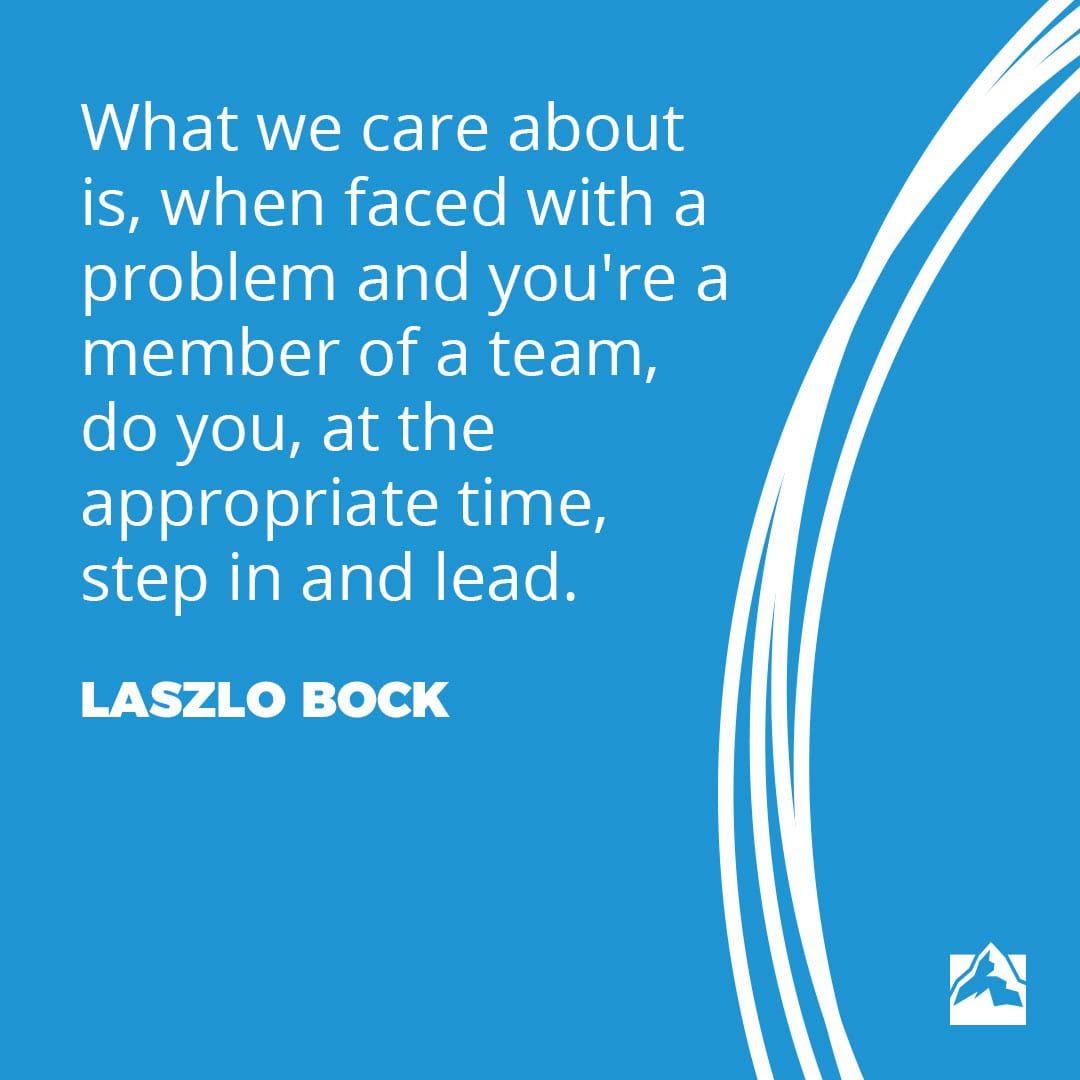
What we care about it, when face with a problem and you’re a member of a team, do you, at the appropriate time, step in and lead.

What if you work for, or with, a colleague or leader whose lack of Emotional Self-Awareness gets in the way of their effectiveness?
Emotional Self-Awareness: A Key to Effective Leadership
Emotional Self-Awareness is one of 12 crucial competencies in my Emotional and Social Leadership Competency Model. Leaders with this skill recognize their own feelings and how those feelings impact the people around them and their job performance. When your boss or colleagues demonstrate Emotional Self-Awareness, they are better able to act with Emotional Self-Control, another crucial emotional intelligence competency. That shows up in behavior as a sense of calm, clarity and open communication.
When colleagues aren’t skilled in Emotional Self-Awareness, they may think they’re being “assertive” in expressing themselves while their colleagues experience them as bullies or tyrants.
How do people behave toward someone who has low self-awareness? Depending on the situation, colleagues may avoid interactions with them, not share important information or distrust them. This discord hinders progress in achieving the group’s goals.
For leaders, having the trust of their subordinates and open lines of communication are crucial. These are points I discussed with my colleague George Kohlrieser in the Crucial Competence and Emotional Intelligence in Leadership video series. Professor Kohlrieser, of the International Institute for Management Development (IMD), shared research he conducted with 1,000 executives from around the world, including top leaders like CEOs and Board members. His research found high-performing leaders are a “secure base” for their teams—and highlighted the importance of leaders’ self-awareness and the trust they inspire.
Beyond Being “Just an Annoyance”
Working with someone who has low Emotional Self-Awareness isn’t just an annoyance for co-workers, it impacts everyone’s ability to perform well in their work. Research by Korn Ferry Hay Group and others show that a leader’s high Emotional Self-Awareness contributes to overall performance.
How to Deal with That “Unaware” Colleague
What can you do if you work with colleagues lacking in Emotional Self-Awareness? First, it is important to recognize that while you might try to help your colleague develop greater self-awareness, it is up to them to change. You might be able to impact awareness, but they must choose what to do with that awareness. You may not be able to impact their behavior. But what you can impact is your own experience of the situation.
One way to help your colleague is to give them honest and caring feedback in private. This depends on the nature of your relationship with that person. The best approach is for someone person likes and trusts to take them aside and tell them what the trouble is, how they are impacting other people, and what would be better—for everyone’s benefit. It might help to first ask if it’s ok to share some feedback with them, so they can be prepared to listen. For someone who is reactive, this is better than surprising them when they don’t expect it.
In the case of an overly “assertive” manager, a trusted colleague might point out that yelling isn’t having the desired impact on staff and suggest other ways to express himself to get the desired effect. Providing a specific alternative to the harmful behavior can be very effective. Perhaps that trusted colleague could share George Kohlrieser’s recent article about how to develop self-awareness, and suggest discussing other ways to get results.
Focus on What’s Within Your Control
The one thing over which you have complete control is your own reaction to the world around you. The unaware colleague is probably only one of many stressors you face. How do you manage your own reactions, not just to this person but those other stressors as well? Mindfulness can help you be less reactive in general, which means you can still do your best work, no matter what’s happening around you, or at least be able to brush it off at the end of the day.
What is mindfulness? Recognizing that our minds wander about 50% of the time, “mindfulness” refers to that move where you notice your mind wandered and bring it back to your focus. With mindfulness, you monitor whatever goes on within the mind. It sounds simple, but it is more challenging to put into practice. The way I learned mindfulness is through meditating, sitting quietly, and stepping back from a busy brain to focus on the present moment. My associate, Mirabai Bush, created a series of audio exercises to learn to practice mindfulness at work. Developing a mindfulness practice can help you remain calm and be your most productive regardless of your colleagues’ levels of self-awareness—or whatever the challenges might be.
For more in-depth information, I invite you to read my first release specifically focused on Self-Awareness in leadership, a Primer on Emotional Self-Awareness.
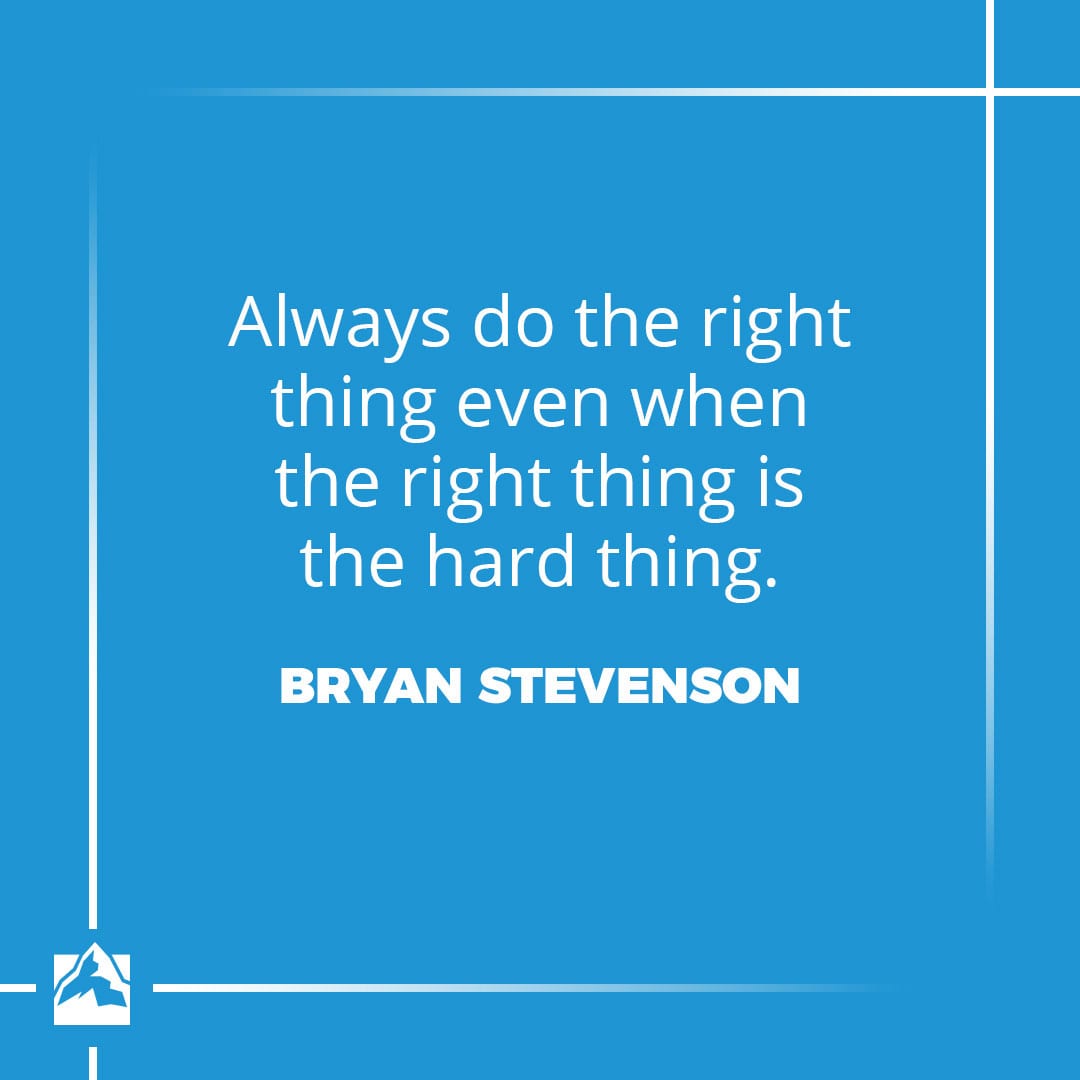
Always do the right thing even when the right thing is the hard thing.
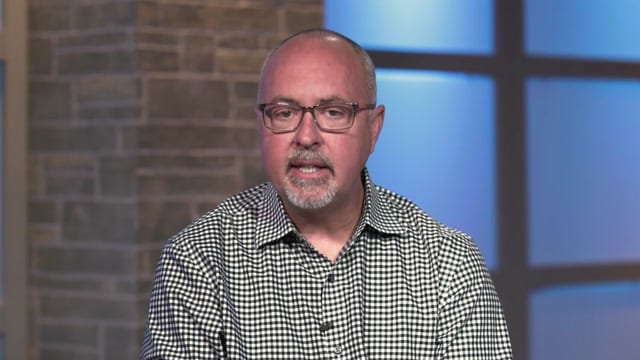
God calls his people to the highest standard because he is a God of excellence. Listen to Rick Betenbough talk about the standard of excellence at Betenbough Homes.
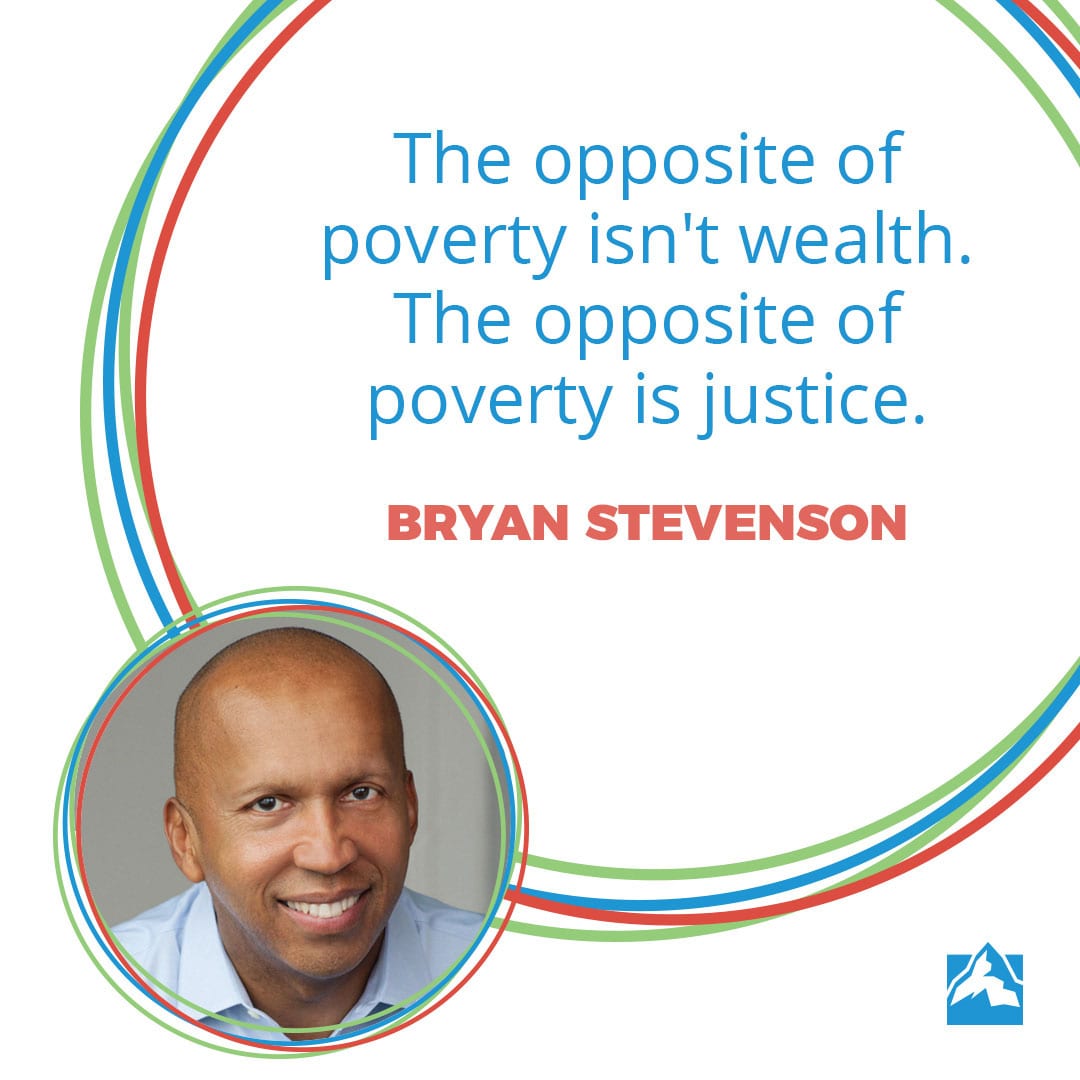
The opposite of poverty isn’t wealth. The opposite of poverty is justice.
“We welcome and encourage comments on this site. There may be some instances where comments will need to be edited or removed, such as:
If you have any questions on the commenting policy, please let us know at heretoserve@globalleadership.org”
Recent Comments